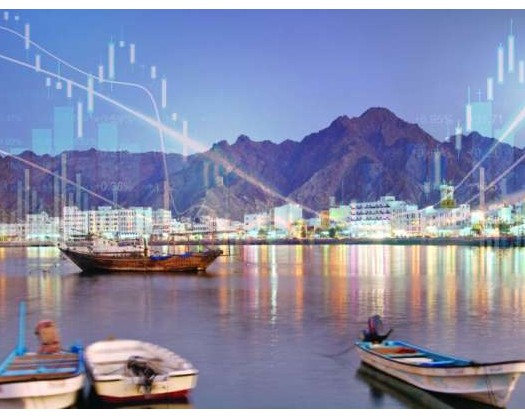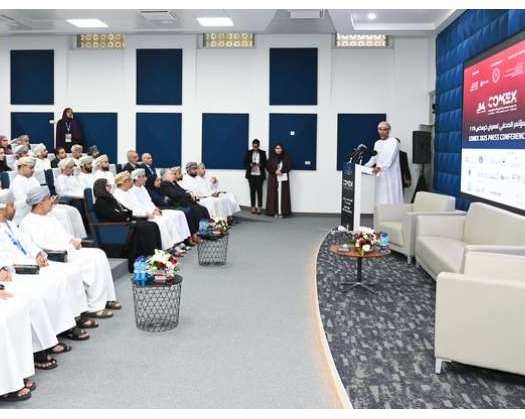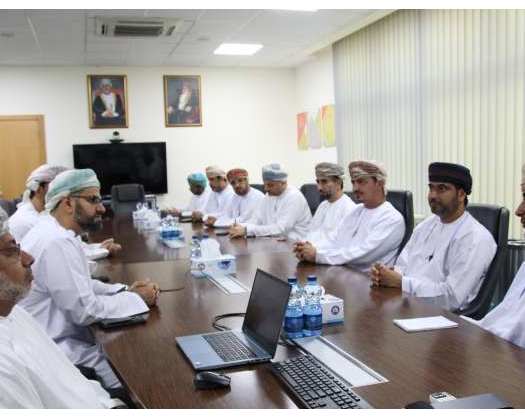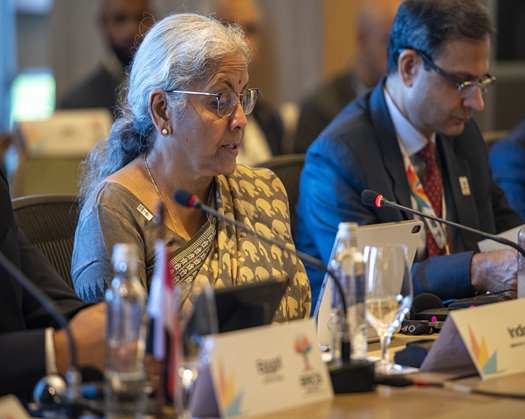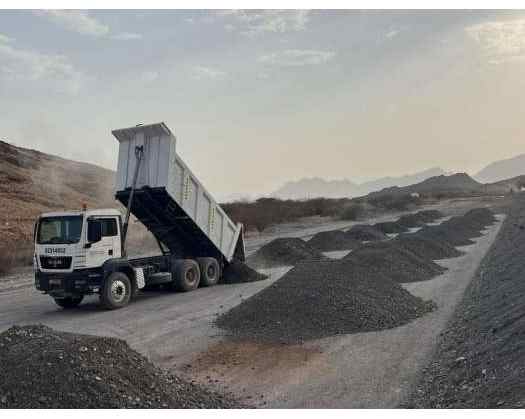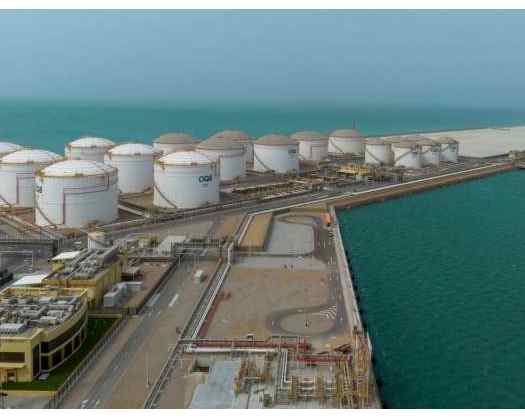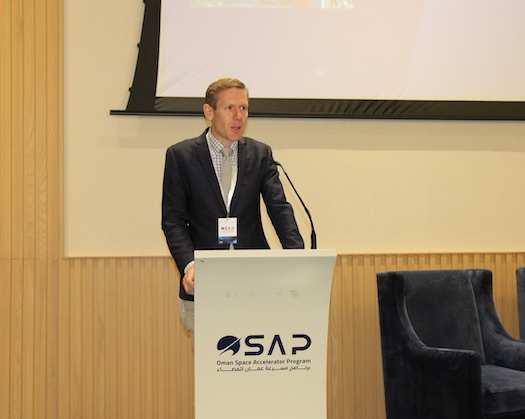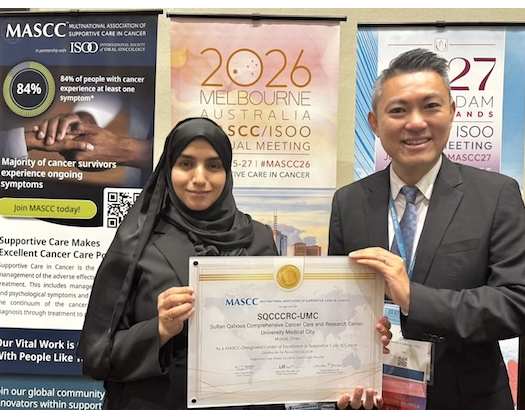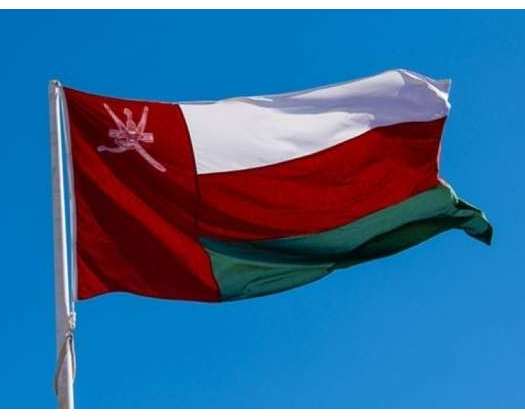Muscat: A new report states that Oman's economic outlook remains positive, with an expected real growth rate of 1.5 percent in 2024. This growth will be driven by increased gas production and efforts to diversify the economy. The report, called the Spring 2024 Gulf Economic Update (GEU), highlights various initiatives aimed at improving the business environment, supporting small and medium enterprises (SMEs), and promoting investments in renewable energy and green hydrogen.
Furthermore, the report predicts that growth will continue to accelerate in the medium term, supported by global demand recovery, increased investment in non-hydrocarbons, and renewable energy. Inflation is also expected to converge to 2 percent over the medium term.
The report also sheds light on the economic growth of the Gulf Cooperation Council (GCC) region. It anticipates a rebound to 2.8 percent and 4.7 percent in 2024 and 2025, respectively. This positive outlook is not solely reliant on the recovery of oil output, as OPEC+ gradually eases production quotas in the latter half of 2024. It also reflects the strong momentum of the non-oil economy, which is expected to continue expanding at a robust pace in the medium term.
The report emphasizes the GCC's commitment to diversifying their economies as a strategic approach to fostering resilience and sustainable development in a volatile global economic period.
Despite efforts to diversify their economies, hydrocarbon receipts will continue to play a crucial role in shaping the fiscal and external balances of the GCC region in the medium term. In 2024, it is projected that the GCC's fiscal surplus will narrow to 0.1 percent of GDP, while the current account surplus is expected to reach 7.5 percent of GDP (compared to 8.4 percent in 2022).
In order for the GCC countries to capitalize on their ongoing diversification efforts and unlock their full potential, a report by the GEU emphasizes the significance of education quality in fostering long-term economic growth within the region.
During her remarks, Safaa El-Tayeb El-Kogali, the World Bank's GCC Country Director, highlighted the importance of good quality education in preparing young individuals for better employment opportunities and higher wages, ultimately contributing to economic growth. While there has been notable improvement in learning outcomes in GCC countries over the past decade, there is still room for further enhancement as they fall behind international benchmarks.
The quality of education is a critical factor that hinders human capital development in the region and prevents GCC countries from competing globally with top-performing nations. On average, children in GCC countries are expected to receive 12.7 years of education by the age of 18. However, when considering the actual learning that takes place in schools, the expected years of education decrease to 8.6, indicating a loss of 4.1 years of learning due to the quality of education.
Furthermore, according to the World Bank's Human Capital Index, a child born in the GCC today is projected to achieve only 62 percent of their full potential productivity.
To fully maximize their human capital potential, the report suggests that GCC countries should invest in effective strategies to enhance the quality of education and learning. This includes focusing on building foundational skills from early childhood, improving teaching methods, and utilizing learning assessments to inform education policies.
The report also highlights the crucial importance of developing strong foundational skills from a young age, as they serve as the building blocks for future learning and skills development.
Furthermore, the role of effective teachers cannot be underestimated in improving learning outcomes at all levels. Therefore, it is essential to provide them with the necessary knowledge and support systems.
Turning to Bahrain's economic outlook, it heavily relies on the prospects of the oil market and the successful implementation of structural reforms. Growth is projected to reach 3.5 percent in 2024, driven by increased oil output, while the non-oil sector remains the primary driver of growth. The hydrocarbon sector is expected to expand by 1.3 percent, significantly lower than the projected growth of nearly 4 percent in the non-hydrocarbon sectors, which will be supported by the recovery in tourism, service sectors, and ongoing infrastructure projects.
In Kuwait, economic growth is anticipated to recover to 2.8 percent in 2024, supported by expansionary fiscal policies, higher oil production, and increased output from the Al Zour refinery. Oil output is expected to grow by 3.6 percent. The non-oil sector is projected to grow by 2.1 percent, but elevated interest rates may hinder domestic consumption, preventing the economy from reaching its full potential.
Furthermore, the uncertain political landscape could potentially hinder the progress of new infrastructure projects and slow down reform efforts. Qatar's real GDP growth is forecasted to slightly improve in 2024, reaching 2.1 percent. The non-oil sector is expected to maintain its strength with a growth rate of 2.4 percent, mainly due to the flourishing tourism industry.
In Qatar, the hydrocarbon industry is predicted to experience a slowdown in growth, reaching 1.6 percent in 2024 due to capacity limitations. However, a significant growth spurt is anticipated between Q4 2025 and 2027 with the commencement of the North Field expansion project.
In Saudi Arabia, after a contraction in 2023, the real GDP is projected to grow by 2.5 percent in 2024, primarily driven by robust non-oil private sector activities (expected to grow by 4.8 percent). Following the conclusion of voluntary oil production cuts in Q2-2024, and the gradual increase in production in the latter half of the year, the overall oil GDP is expected to contract by 0.8 percent in 2024.
These trends are anticipated to reverse in 2025, with a significant increase in oil output leading to an overall GDP growth of 5.9 percent.
In the UAE, real GDP growth is expected to accelerate to 3.9 percent in 2024, fueled by OPEC+'s substantial oil production increase in the latter part of the year and a global economic recovery. Oil output growth is projected to reach 5.8 percent in 2024.
Non-oil sectors will continue to drive economic growth in the UAE in 2024, expanding by 3.2 percent, supported by strong performance in tourism, real estate, construction, transportation, and manufacturing.

